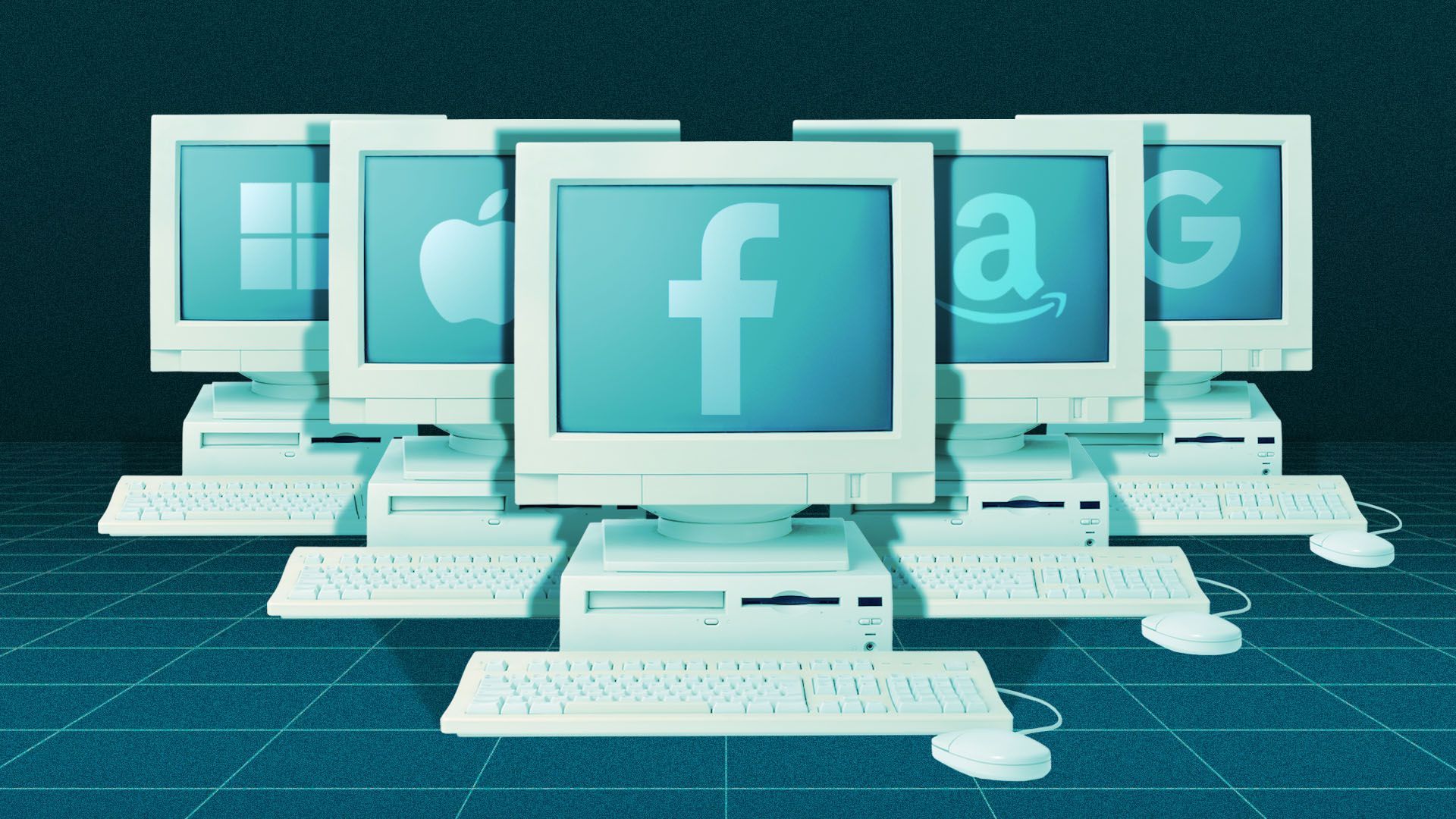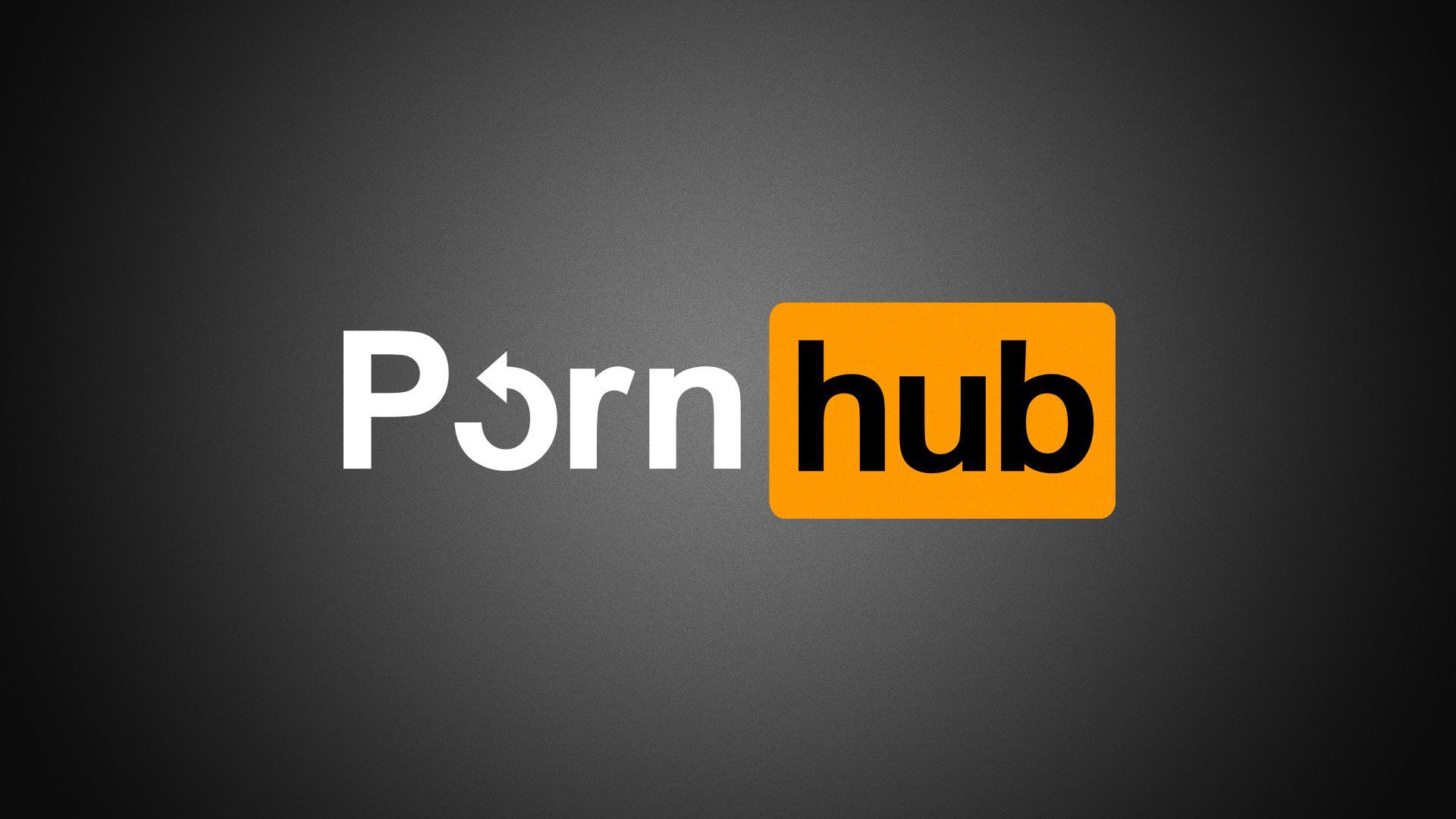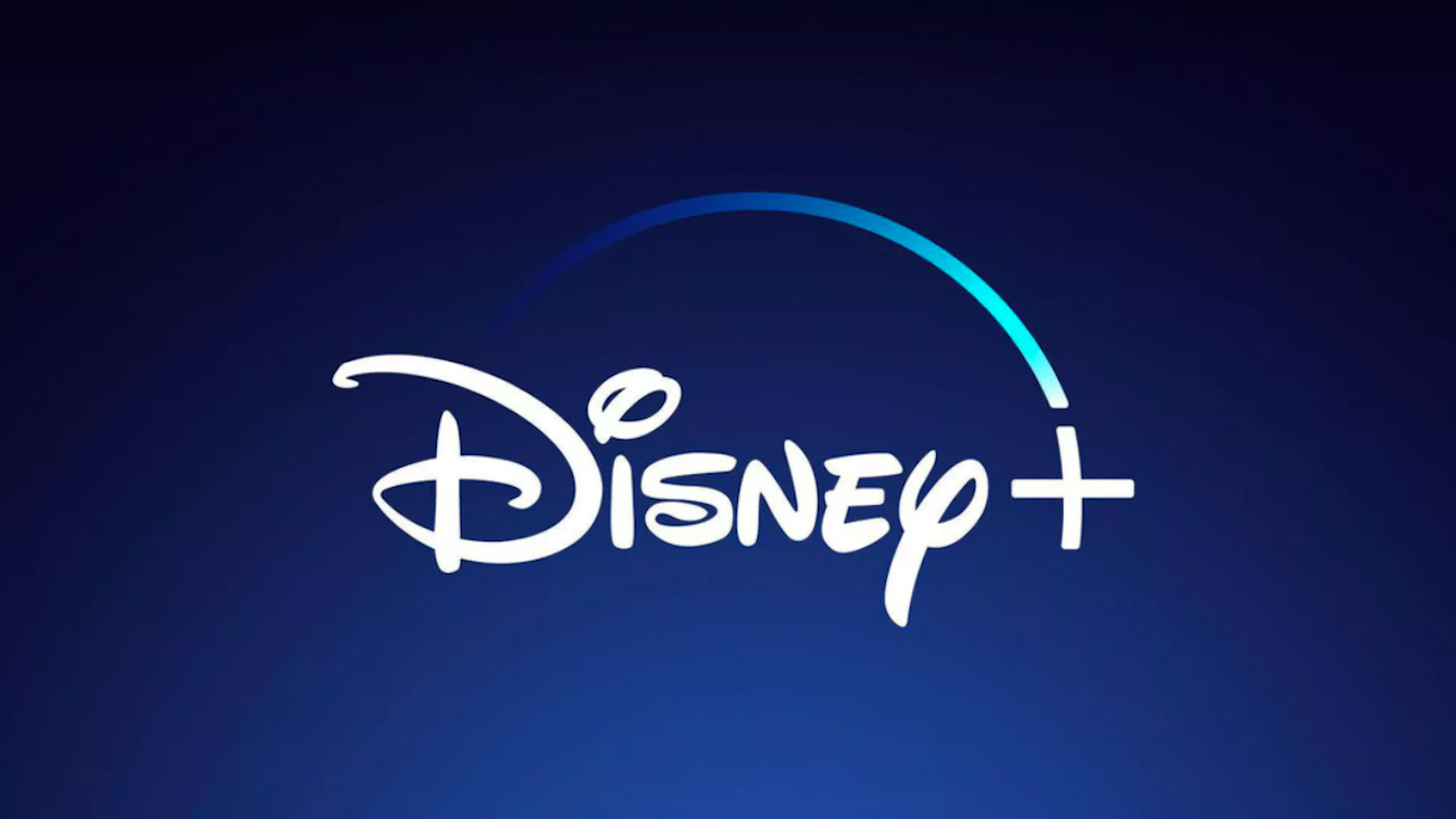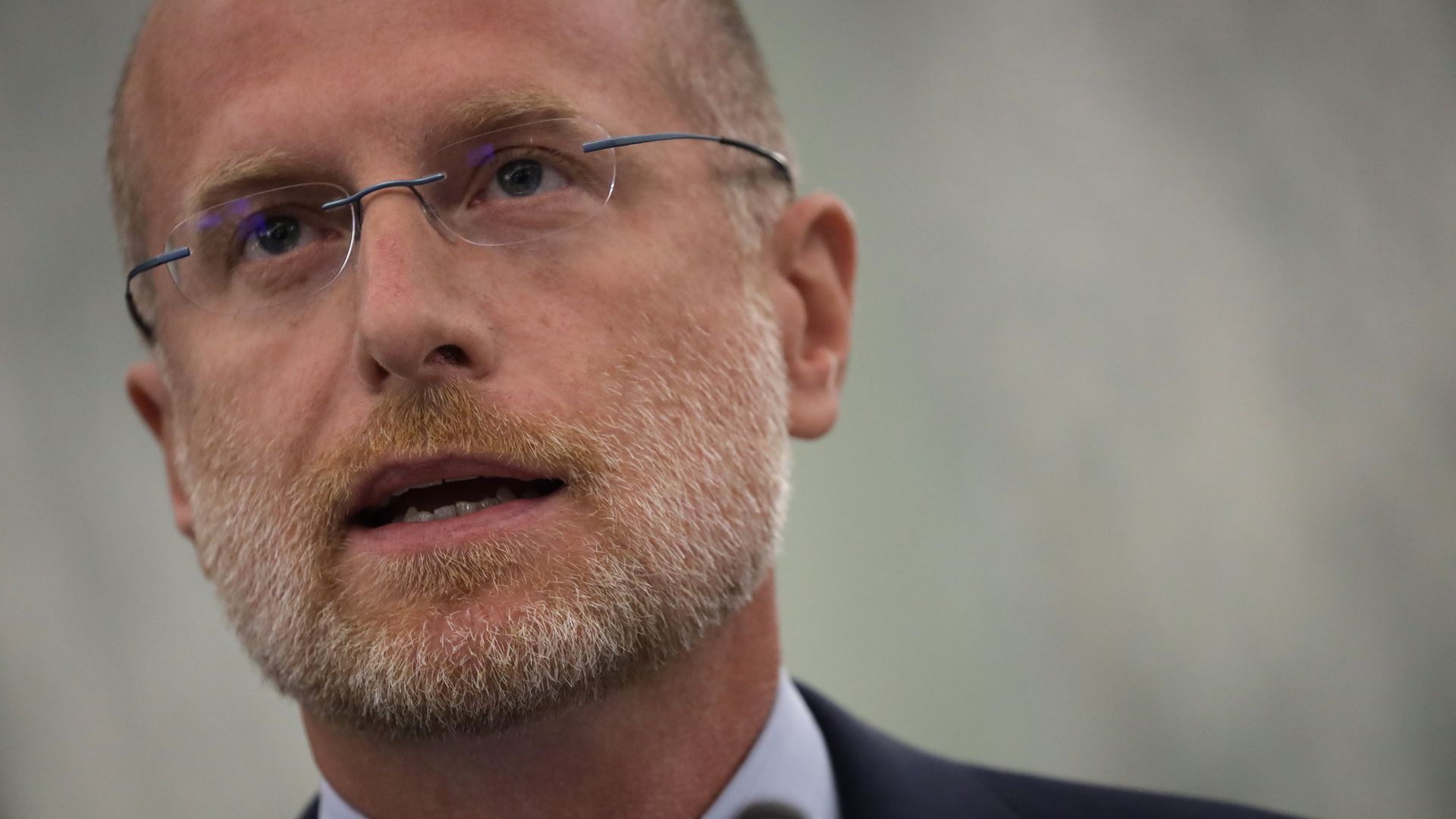| | | | | | | Presented By Charter Communications | | | | Login | | By Ina Fried ·Dec 11, 2020 | | I don't know about you, but if I have to go to one more corporate holiday party this year... Today's Login is 1,466 words, a 5-minute read. | | | | | | 1 big thing: Tech's pentopoly makes antitrust cases harder to win |  | | | Illustration: Sarah Grillo/Axios | | | | Because today's tech landscape harbors multiple giants rather than a single behemoth, regulators trying to restrain the companies' power face a bedeviling challenge: It's tougher to make a "monopoly" charge stick to companies that are busy competing with one another, Axios' Scott Rosenberg writes. Driving the news: This week's double-whammy antitrust suits against Facebook by the Federal Trade Commission and a coalition of states comes on the heels of a Department of Justice suit against Google and a broadly damning report from House Democrats, both in October. - Together, all these efforts aim to widen the lens of tech regulation, questioning the logic and methods tech giants have used to conquer and carve up the digital universe.
Yes, but: While the critique is broad, each antitrust lawsuit must prove a case against a specific company, and that remains daunting. The big picture: In previous cycles of antitrust enforcement — against Microsoft, IBM and others — one colossus seemed to control the entire industry's air supply. - Today, Facebook, Google, Amazon, Apple and Microsoft are all remarkably powerful, and each arguably holds some kind of monopoly power.
- But these firms are all elbowing into one another's lanes, and that makes it much harder for prosecutors, critics and smaller rivals to demonstrate that competition has been crushed and consumers harmed.
- "Monopoly" means "one rule," and with five companies running things maybe we should be talking instead about a pentopoly.
The pentopoly's power and reach are unparalleled. Their products and services reach into every corner of our lives: - Google controls access to information.
- Facebook controls access to people.
- Amazon controls access to goods.
- Apple leads the high-end device market, and, on those devices, it has near-total control.
- Microsoft (still) controls the office desktop.
The pentopoly's combined market cap is now roughly $7 trillion — or nearly one-third the total value of the S&P 500. "No company should have this much unchecked power," New York State Attorney General Letitia James said in announcing the states' Facebook suit — but the complaint is one regularly heard about all five companies. The companies say their power is checked — by one another. They compete and quarrel in myriad ways: - Google's Android mobile operating system challenges Apple's iOS.
- Apple and Facebook tussle over privacy protections.
- Facebook and Google are rival titans of the online advertising market.
- Amazon, Google and Microsoft have all staked out big chunks of the burgeoning cloud services market.
- Amazon, Google, Apple and Microsoft all offer competing voice assistants.
- In every developing digital market — from gaming and virtual reality to "internet of things" devices and AI — these companies are all up in one another's business.
This tangled web of oligarchic competition places a tough burden on the government's antitrust cases. - They must define a market that a particular company is monopolizing broadly enough for the fight to matter but narrow enough for the "monopoly" claim to hold.
- "Internet search" and "social networks" seem to hit that sweet spot, and that's how the lawsuits against Google and Facebook define their targets.
- But each phrase feels woefully inadequate to describe these companies. Google also delivers your email and YouTube videos. Facebook provides news and is creating a digital currency.
Of note: Of the five, Microsoft has most expertly avoided the antitrust spotlight despite its continued power and size. That's probably because the company learned from its experience 20 years ago as a sole target of federal antitrust prosecution. - Microsoft, like IBM before it, made a juicy, inviting target because its business practices made enemies, its employees left trails, and its executives behaved arrogantly in court.
- Today's Microsoft is smarter — and, unlike Facebook, Google, Amazon and Apple, its CEO was not summoned when Congress convened a videoconference inquiry into tech's abuse of power last July.
Go deeper: |     | | | | | | 2. Airbnb value tops $100 billion in Wall Street debut | | Shares of Airbnb reached the stratosphere as they began trading on Thursday, doubling their IPO price before closing the day at nearly $145 apiece. Why it matters: The high-flying price means that Airbnb is now valued at more than $100 billion, but also increases the pressure on the company as the U.S. heads into a potentially deeper struggle with the coronavirus. Details: Airbnb raised $3.5 billion through its IPO, with shares sold to investors at $68 apiece, well above the company's already raised estimates. - But the shares burst out of the gate as they began trading on the Nasdaq on Thursday, opening at $146 and touching as high as $165 apiece before closing at $144.71.
Yes, but: As Axios' Felix Salmon writes, there are limits to the company's growth, particularly in its core lodging market. Go deeper: Airbnb CEO Brian Chesky talked about the company's blockbuster IPO, its origins and more with Dan Primack for the Axios Re:Cap podcast. |     | | | | | | 3. Mastercard, Visa cut payment services to Pornhub |  | | | Illustration: Eniola Odetunde/Axios | | | | Mastercard and Visa are cutting off payment processing services to Pornhub, which has been under the spotlight for the volume of nonconsensual videos available through its site. Why it matters: The move follows a New York Times report that detailed the harm that being on Pornhub can cause for people whose videos were posted without their consent. Days later, the site agreed to make changes designed to address criticism. Mastercard said its move was effective immediately and is specific to Pornhub, though it continues to investigate content on other sites and will take appropriate action if unlawful content is found. Catch up quick: As we reported in Login yesterday, experts say the changes Pornhub is making represent positive steps, but will probably not be enough alone to solve the problem of non-consensual videos. What they're saying: - Mastercard: "Our investigation over the past several days has confirmed violations of our standards prohibiting unlawful content on their site. As a result, and in accordance with our policies, we instructed the financial institutions that connect the site to our network to terminate acceptance."
- Visa: "Given the allegations of illegal activity, Visa is suspending Pornhub's acceptance privileges pending the completion of our ongoing investigation. We are instructing the financial institutions who serve [Pornhub parent company] MindGeek to suspend processing of payments through the Visa network."
- Pornhub: "These actions are exceptionally disappointing, as they come just two days after Pornhub instituted the most far-reaching safeguards in user-generated platform history. Unverified users are now banned from uploading content — a policy no other platform has put in place, including Facebook."
|     | | | | | | A message from Charter Communications | | Charter is investing in their employees | | |  | | | | Connectivity matters more than ever. As we face these challenging times together, Charter's 95,000 employees have stepped up to help Americans stay connected. That's why Charter is investing in them, now and in the future – including by permanently increasing its minimum wage to $20 an hour. | | | | | | 4. Disney+ tops 86 million subscribers |  | | | Image: Disney | | | | Disney CEO Bob Chapek told media and investors on Thursday that its streaming service Disney+ now has 86.8 million subscribers — and detailed how the company plans to quickly grow that to hundreds of millions, Axios' Sara Fischer reports. Why it matters: The company's streaming success has helped to offset major losses in Disney's studios, parks and resorts divisions. The big picture: Most of the company's presentation focused on streaming, which is where Disney sees its future. Details: Upcoming programming for Disney+ includes 10 new Marvel and "Star Wars" series, as well as 15 films and another 15 series from Disney and Pixar, said Kareem Daniel, Disney's media and entertainment distribution division chairman. - Daniel also noted that Disney would release its upcoming movie "Raya and the Last Dragon" through Disney+ at the same time it debuts in theaters in March 2021.
What's next: The company is adding a new bundle that combines Disney+, ESPN+ and the ad-free version of Hulu for $18.99 per month. It also plans in March to hike the standalone price of Disney+ next year by $1 per month, to $7.99. Go deeper. |     | | | | | | 5. FCC Republican urges lame-duck agency action to clip Section 230 |  | | | FCC Commissioner Brendan Carr. Photo: Alex Wong/Getty Images | | | | Republican FCC Commissioner Brendan Carr suggested Thursday that the agency should jam through rules to limit tech's liability shield before President Trump leaves office, Axios' Margaret Harding McGill reports. Why it matters: Trump has escalated his attacks on tech after losing the election. Carr's idea would be another path to damaging Section 230 of the Communications Decency Act, a foundational law for the modern internet, after Trump's attempt to repeal it via must-pass defense legislation stalled out. Driving the news: Carr told reporters he believes the FCC could avoid a "lengthy process" for writing rules to curb Section 230's reach, noting a path for quickly instituting "interpretive rules" outlined on Twitter by tech policy lawyer Berin Szóka, who opposes the idea and believes it wouldn't stand up in court. - Under the FCC's normal rulemaking process, it would take too long to write and approve any new rules before Trump and FCC Chairman Ajit Pai both leave office on Jan. 20.
Between the lines: Although Pai honored Trump's request to begin exploring how the FCC could limit the scope of Section 230, he likely lacked the votes until now to move forward with any such plan. That likely changed after Senate Republicans this week confirmed Trump nominee Nathan Simington. |     | | | | | | 6. Take Note | | On Tap Trading Places - DocuSign named Cain Hayes, CEO of Gateway Health Plan, to its board of directors.
ICYMI |     | | | | | | 7. After you Login | | I've been saving this one, but now that Hanukkah has begun, I give you a Puppy for Hanukkah. |     | | | | | | A message from Charter Communications | | Charter is building connections to empower opportunity | | |  | | | | Charter is building more connections to empower opportunity from coast to coast. We've reached 1.5 million new homes and businesses in the past two years alone – about a third were in rural areas. Learn more about how Charter is empowering opportunity. | | | | | | Axios thanks our partners for supporting our newsletters.
Sponsorship has no influence on editorial content. Axios, 3100 Clarendon Blvd, Suite 1300, Arlington VA 22201 | | | You received this email because you signed up for newsletters from Axios.
Change your preferences or unsubscribe here. | | | Was this email forwarded to you?
Sign up now to get Axios in your inbox. | | | | Follow Axios on social media:    | | | | | |
Post a Comment
0Comments